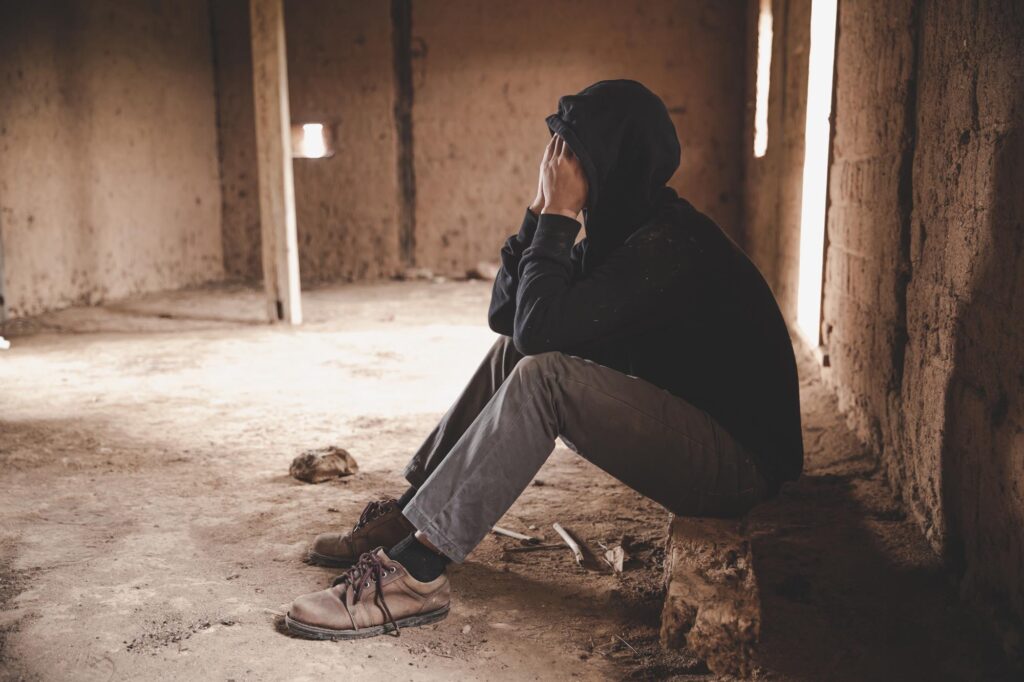The wide variety of alternative therapies available to those struggling with addiction can be overwhelming. While there is no one-size-fits-all approach to addiction treatment, equine therapy stands out as a unique and effective option for many individuals. This type of therapy utilizes the gentle and healing power of horses as part of an overall recovery program that offers an innovative way to confront underlying trauma and life experiences that may have contributed to substance abuse.
Beyond merely being therapeutic, equine therapy provides real opportunities for lasting change over time by allowing participants a platform for critical self-reflection within an incredibly motivating environment. Dive into the fascinating history behind equine therapy and explore how it can make all the difference in breaking free from the cycle of addiction.
History of Equine Therapy
The roots of equine therapy can be traced back to the ancient Greeks, who believed that horses had a special connection with the divine and used them in healing rituals. In more recent times, equine therapy has been popularized by organizations such as equestrian centers, veterans’ support programs, and equine rescues—all of which have seen incredible potential for this type of treatment option.
In North America, equine therapy is often conducted at residential addiction treatment centers as part of an overall program designed to help individuals work through their underlying issues. The goal is to allow participants to focus on non-verbal communication between themselves and the horse in order to gain insight into their behavior and ultimately create positive changes in their life.
How Equine Therapy Works
Equine therapy is an experiential approach to treating addiction that encourages self-reflection and awareness. It involves equine specialists working with a group of horses and clients in order to engage in activities such as grooming, saddling, and riding. Through these activities, participants are able to observe equine behavior and practice empathy, respect, trust, communication skills, problem-solving abilities, assertiveness training, boundary setting, conflict resolution techniques, decision-making strategies, and more.
The power of equine therapy comes from its capacity to create a safe space for individuals to explore their emotions without fear of judgment or stigma. In addition to its therapeutic value, equine therapy also offers a range of other benefits, including physical exercise, a sense of accomplishment and purpose, increased confidence and self-esteem, improved social skills, and an enhanced connection with nature.
Equine therapy has proven to be an effective treatment option for those looking to break free from addiction. However, it is important that equine therapy is incorporated into an individual’s overall recovery plan in order to maximize its potential. With the right support system in place, equine therapy can provide an invaluable tool in the journey toward lasting sobriety.
Types of Equine Therapy for Addiction Treatment
Equine therapy can be used in a variety of ways to help individuals struggling with addiction. Some of the most common types include:
- equine-assisted psychotherapy
- equine-assisted learning
- equine interactive activities
Equine-assisted psychotherapy utilizes equines to provide insight into the behavior patterns that may have contributed to an individual’s substance abuse issues, while equine-assisted learning focuses on teaching interpersonal skills through horsemanship activities such as grooming, saddling, and riding horses. Lastly, equine interactive activities provide clients with experiential learning opportunities that allow them to work on their communication skills, problem-solving abilities, decision-making strategies, and other critical life skills.
About Horses
Horses are powerful animals that possess an extraordinary ability to read and respond to human emotions. In equine therapy, horses provide a unique opportunity for connection, understanding, and healing. They can help individuals to gain insight into their own behavior patterns and learn how to better manage stress, anxiety, depression, and other mental health issues associated with addiction.
Horses also provide many great physical benefits. Horseback riding requires the body’s core muscles to be engaged in order to stay balanced in the saddle, which provides physical exercise as well as an emotional release. Horses also offer a sense of acceptance that can be hard to find elsewhere in life – something that is especially important for those recovering from addiction who may be feeling shame, guilt, or regret.
What to Expect from an Equine Drug Therapy Program
Equine therapy is a relatively new approach to treating addiction, but it has quickly become one of the most popular models of treatment. When attending equine therapy, clients will first be assessed by an equine specialist who can determine appropriate activities and goals for their individual needs. From there, participants will work with horses in sessions that are tailored to meet their specific objectives. The therapist may also lead group discussions where clients can discuss their experiences and feelings while working with the equines.
The ultimate goal of equine therapy is to create a safe space for individuals to explore their emotions without fear of judgment or stigma. By building trust and understanding between themselves and the horse, participants can gain insight into their behavior and ultimately create positive changes in their lives.
Equine therapy can be an incredibly powerful tool in the recovery process from addiction. With the help of equines, individuals can learn to cope with cravings and triggers in a safe and supportive environment and ultimately gain control over their lives again. If you think equine therapy could be beneficial for you or someone you care about, it is important to seek out professional help from a qualified equine therapist.
Recovery-Focused Equine Assisted Therapy in Pulaski, TN
Magnolia Ranch Recovery offers equine-assisted therapy as part of its comprehensive addiction treatment program. Our equine therapists are experienced equestrians and certified equine specialists who work with our clients to provide a safe and non-judgmental environment for them to explore their emotions and build trust with the horse. Through equine-assisted activities, such as grooming, saddling, riding, and interactive exercises, our clients can learn how to better manage stress, anxiety, depression, and other mental health issues associated with addiction.
At Magnolia Ranch Recovery, we understand that addiction is a complex condition that requires individuals to work on both their physical and psychological recovery in order to achieve lasting sobriety. With equine therapy as part of our client treatment plans, we can provide the support and guidance needed to make holistic and lasting changes.
If you or someone you care about is struggling with addiction, contact Magnolia Ranch Recovery today to learn more about equine therapy and our other treatment options.


















